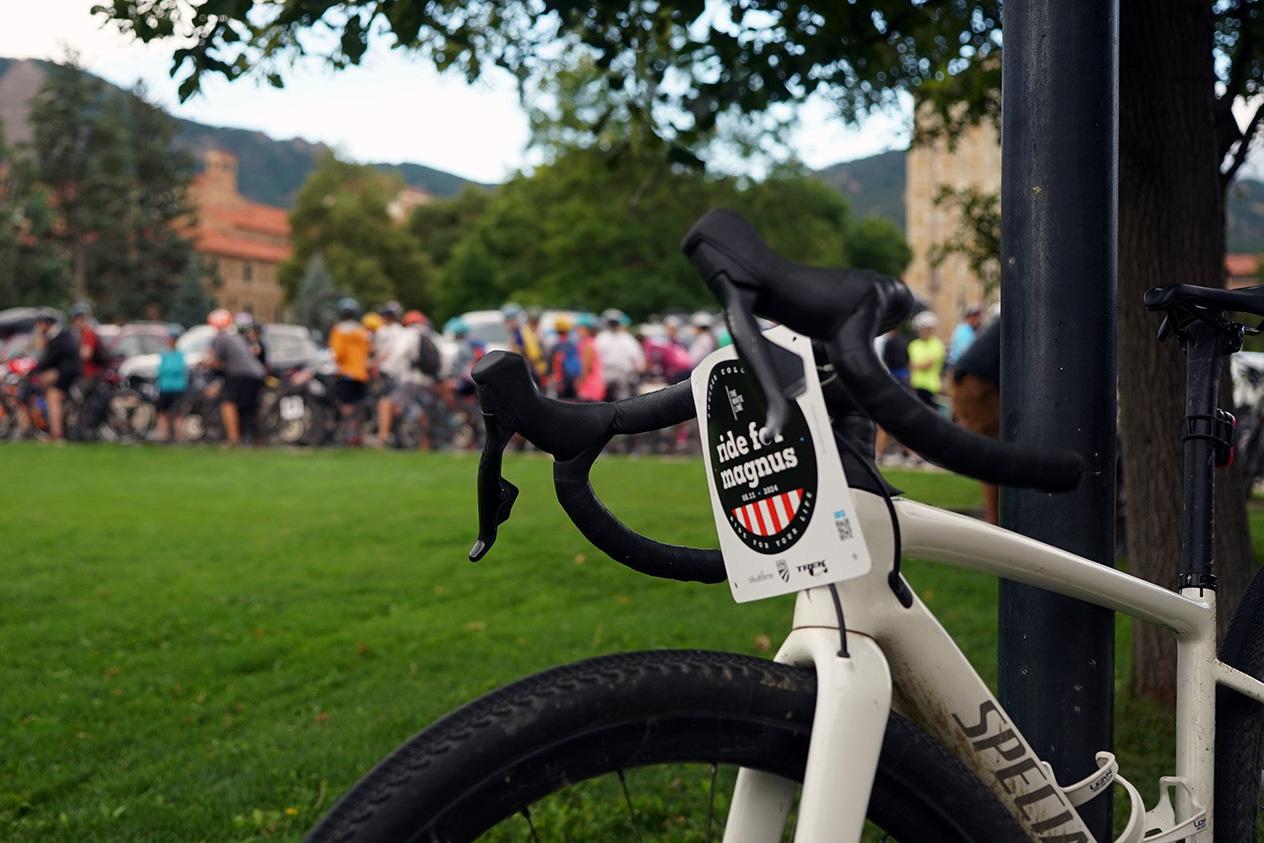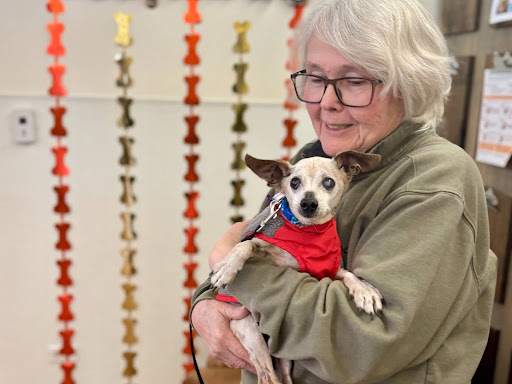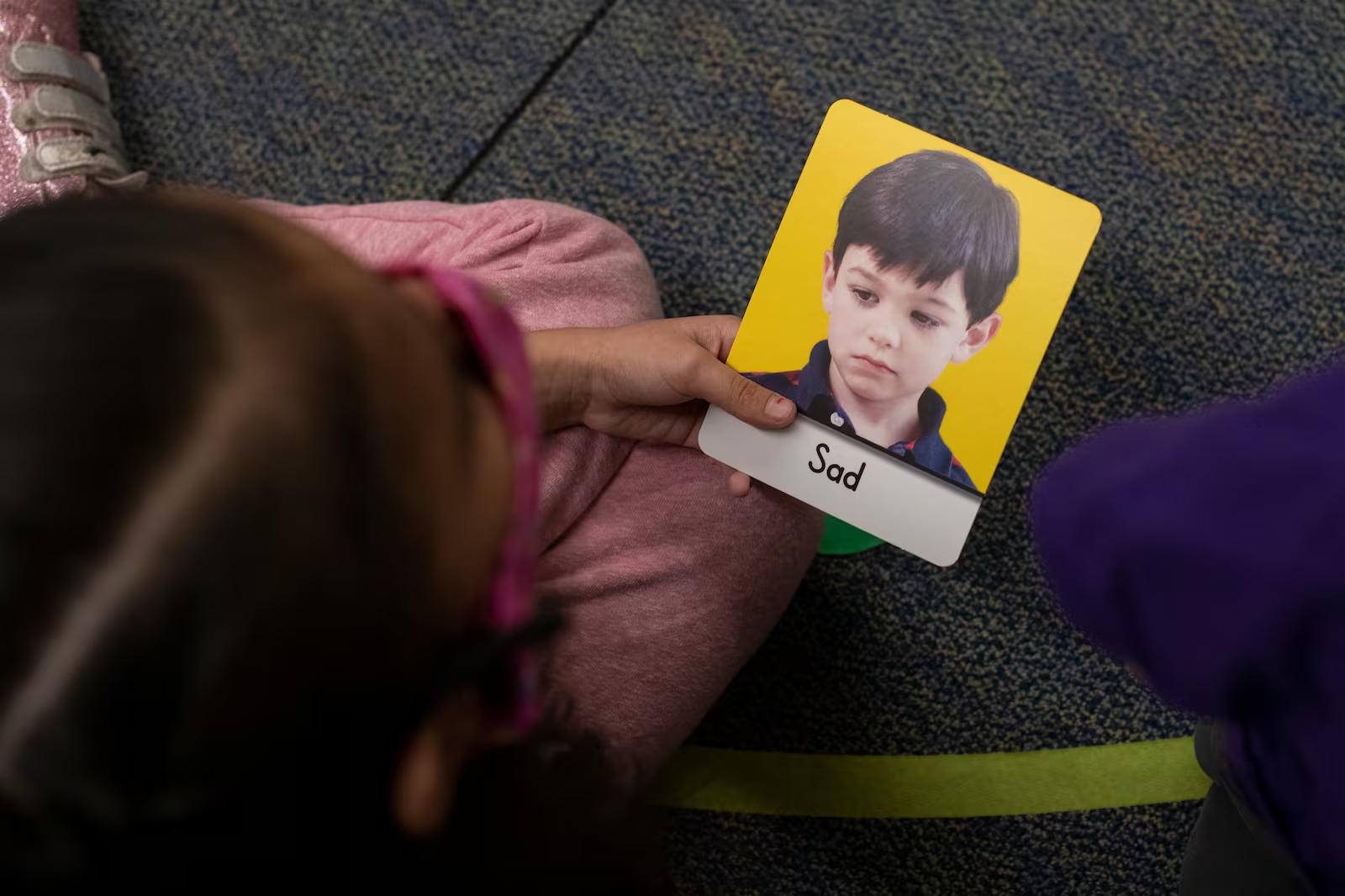
In an unusual display of public pushback, Gov. Jared Polis is facing criticism from members of his own party. Democratic lawmakers, the head of the state Democratic Party and two Democratic statewide elected officials rallied at the capitol Thursday against three of the governor’s vetoes on workers rights bills.
Democratic officials were joined by several hundred members of the labor and education community who gathered on the capitol steps. They chanted “shame on Polis” and “Up with workers, down with Jared.”
Democratic House Majority Leader Monica Duran was the main sponsor of two vetoed proposals, including house bill 1008, which focuses on wage theft in the construction industry. It would have held general contractors liable when a subcontractor fails to pay a worker.
“Every worker deserves to be paid for the work they have done,” Duran told the crowd. “Too many workers aren't being paid because unscrupulous employers are cheating them out of their wages.”
Duran told CPR News she was surprised the Governor vetoed the wage theft bill. She said, given the stakes, a rally was necessary.
“I think for something of this magnitude, that was in our top 10 bills,” Duran said. “But now we move on. We're done. We move on and we figure out how to do it next session.”
In his veto letter Polis said not paying workers for an honest day's work is deplorable, morally wrong and against the law. But he said the bill was too broad and would punish good general contractors by holding them liable even if they weren’t negligent.
“This bill, however,would let subcontractors who fail to pay their workers off the hook, do little if anything to prevent additional wage theft, and penalize good actors who pay all their workers on time,” wrote Polis.
“Governor Polis sided with wealthy corporations and their corporate lobbyists and failed Colorado workers,” said a press release from the Colorado Education Association related to the wage theft bill.

Another vetoed proposal, House bill 1307 would have required schools to meet certain standards in order to use federal money to pay for infrastructure improvements to heating and air conditioning (HVAC) systems. Backers said the goal was to make sure projects were done right and make it easier for schools to get the federal funding to make upgrades.
Polis said he was concerned about the requirement for certified workers.
“To be in compliance with this bill, school districts in rural counties would need to find labor outside of their communities, which can drive up costs and delay projects,” Polis wrote.
Proponents said they plan to run the bill again. One of the main sponsors, Democratic Rep. Sheila Lieder said the main issue was that rural school districts didn’t think certified contractors would come into their areas.
“We gave them a contractor list. They just didn't want to understand,” Lieder said. “I don't think they like unions.”

Lieder says numerous schools need new HVAC systems and that the veto “ruined it” for schools across the state.
“It's a damn shame,” she said.
The final vetoed bill. House bill 1260, would have banned employers from requiring workers to attend a company meeting on a religious or political issue. It would also have banned an employer from retaliating against an employee who failed to attend. House Majority Leader Duran, Sen. Jessie Danielson and Tim Hernandez were the main sponsors.
Polis said while he agreed with the goal, he felt the definitions of political and religious matters are unworkable.
“This legislation is too broad and too ambiguous to apply uniformly and fairly, leading to unintended consequences,” wrote Polis.
Polis added that it could impact day to day operational needs for businesses and prevent employers from discussing current regulations or potential impacts of new policies.
“If the governor thought that these vetoes would go unnoticed, he is wrong,” said Democratic Sen. Jessie Danielson, a main sponsor of all three of the bills.
“Our Democratic governor sided with the lobbyists and Republicans by vetoing these bills,” she said.
A spokesperson for Polis said the governor was open to continuing discussion on the bills with legislators.
“The reality is, Governor Polis has expanded collective bargaining rights for tens of thousands of workers, including bargaining rights for state employees and local government workers," they spokesperson said. "Gov. Polis reviews every bill, and was clear in his vetoes that while each of the bills had good aspects, their final forms were not in the best interest of the state, and our requests to the legislators to improve the bills were rejected.
"He remains open to working on each of these policies ahead of the next session to craft laws that support the objectives of the sponsors and organizations."
Meanwhile, the Associated Builders and Contractors, a statewide association, supported two of the Governor’s vetoes and said that the wage theft bill in particular went awry in targeting a single industry and inflicting consequences on all participants.
“Such a law would bruise every apple in the barrel to manage a couple of bad apples
at the bottom,” the association said in a statement. “These consequences would have manifested themselves in higher construction costs to customers and the squeezing out of small businesses — many of them minority owned.”
The group said it wants to strengthen enforcement of wage theft and include more funding to investigate claims. The association also backed the veto on political speech in the workplace and said it could lead to a one sided discussion on things like ballot initiatives and candidates.
The three vetoes that were the focus of Thursday’s rally aren’t the only vetoes that have Democrats frustrated.
Polis rejected a measure that would have required youth sports organizations to do background checks every three years on all employees and volunteers who work directly with youth or go on overnight trips. There would also have to be one person trained in CPR and on how to use a defibrillator at events.
Polis said the bill created an “unfunded mandate” with “ambiguous language” and would make it difficult to recruit volunteers.
A bill to limit the use of solid waste incinerators, which would have declared that gas produced by the burning of waste is not a renewable or clean energy source, was also vetoed. And Polis vetoed a health care bill on the practice of “white bagging,” which is when insurance companies require medications to be purchased from specialty pharmacies.









